When the lead water crisis broke out in Flint, Michigan many individuals died from unknowingly using the poisoned water. Naiad was founded to ensure everyone has the ability to track and test their water quality at any time.
In 2015, the tests conducted by the Environmental Protection Agency and Virginia Tech revealed dangerous levels of lead in the water at residents' of Flint, Michigan's homes.
This water crisis occurred almost 5 years ago, and although the city of Flint, Michigan has deemed the water safe to drink again, those who unknowingly used the water during those years either died or will be suffering from the adverse effects of lead poisoning for the rest of their lives.
Naiad (previously Science JNR) was founded to prevent another Flint, Michigan and to address the lack of easy accessible water quality tests and data. I joined Naiad as a freelancer to assist them in branding their company, creating their web application, and streamlining the tester sign-up and result submission process.
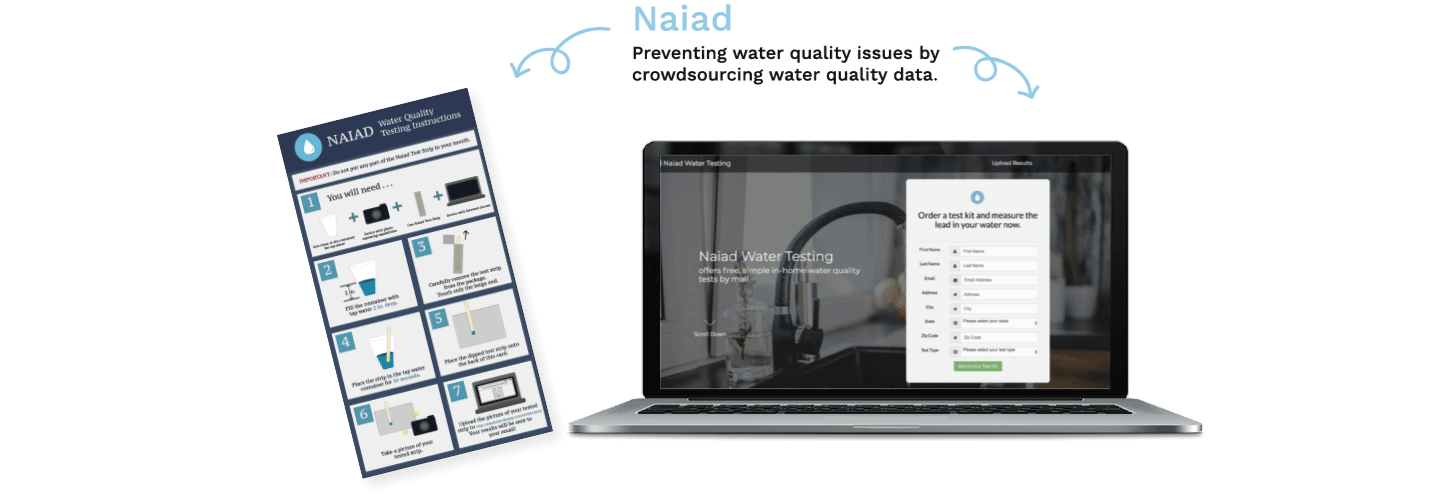

DURATION
Aug. 2017 - Jun. 2018
MY ROLE
Brand Identity Experience Design Strategy
Data Science Front-end Development






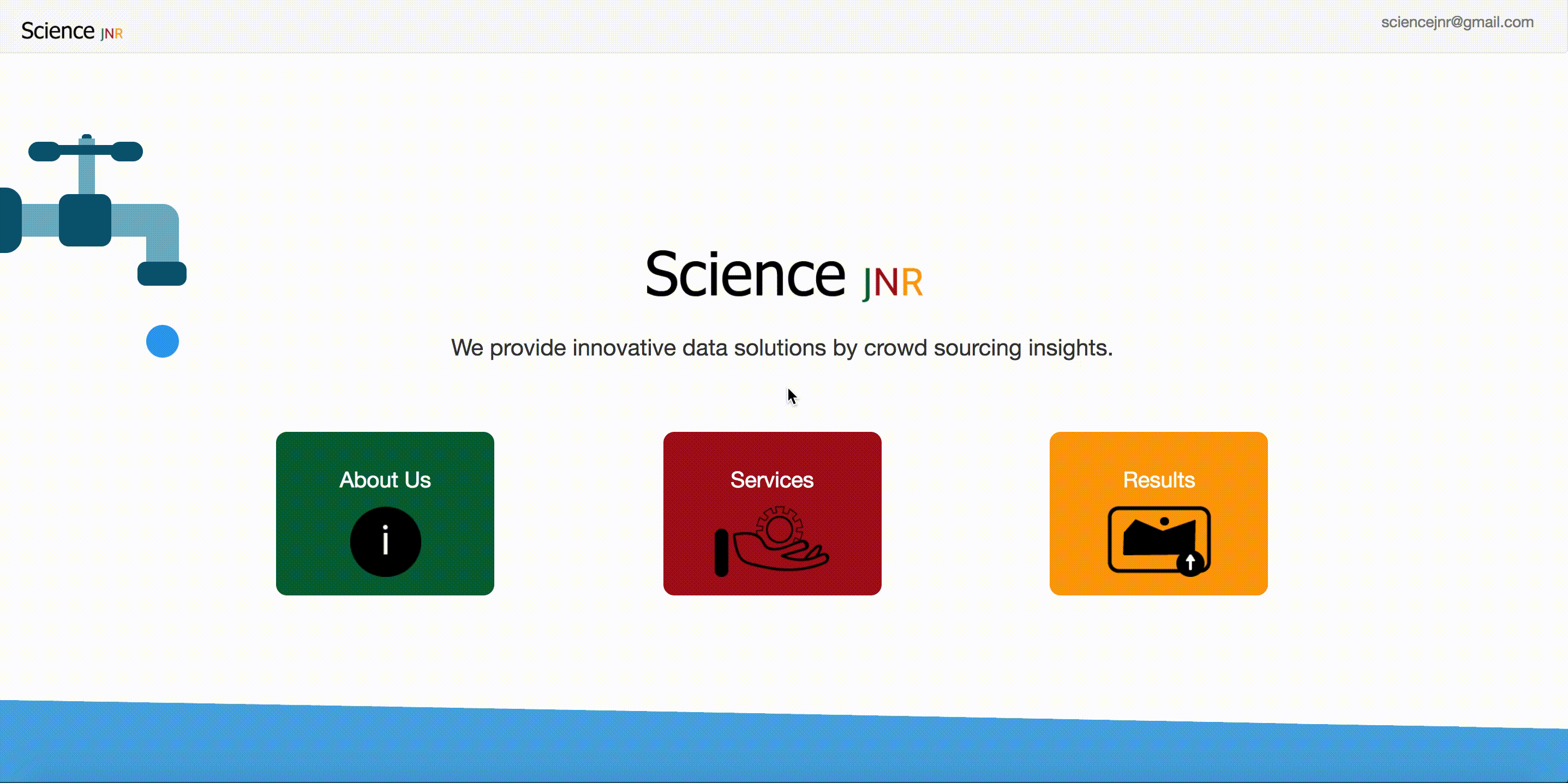
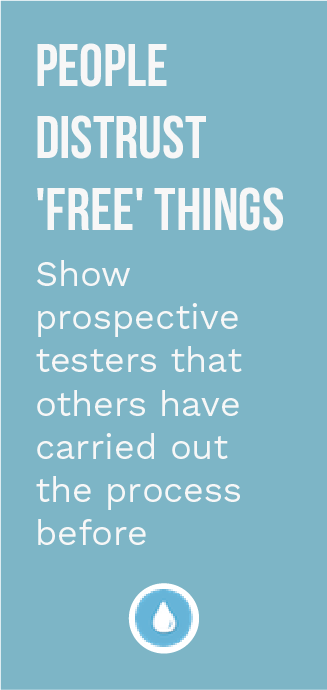

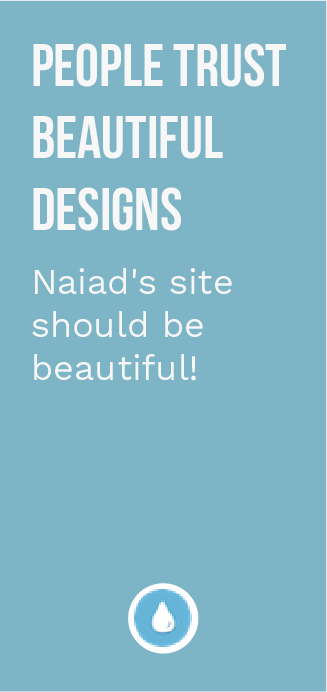
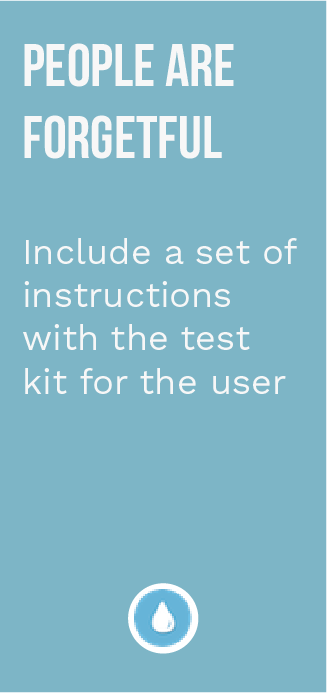
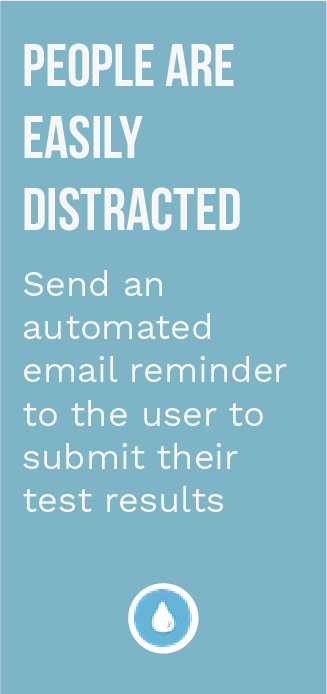
Working together with stakeholders, we defined steps users needed to take to contribute and access the crowdsourced water quality dataset.
Once the optimal user journey was identified, I researched how to maximize the conversion rate of users to testers, and identified features of site's with high sign-up rates. Using these findings, I constructed an initial prototype to test with potential users.
From testing with users, I found insights into human behaviors and shared perceptions on types of online content, such as the length of sign-up forms.
Once the optimal user journey was identified, I researched how to maximize the conversion rate of users to testers, and identified features of site's with high sign-up rates. Using these findings, I constructed an initial prototype to test with potential users.
From testing with users, I found insights into human behaviors and shared perceptions on types of online content, such as the length of sign-up forms.
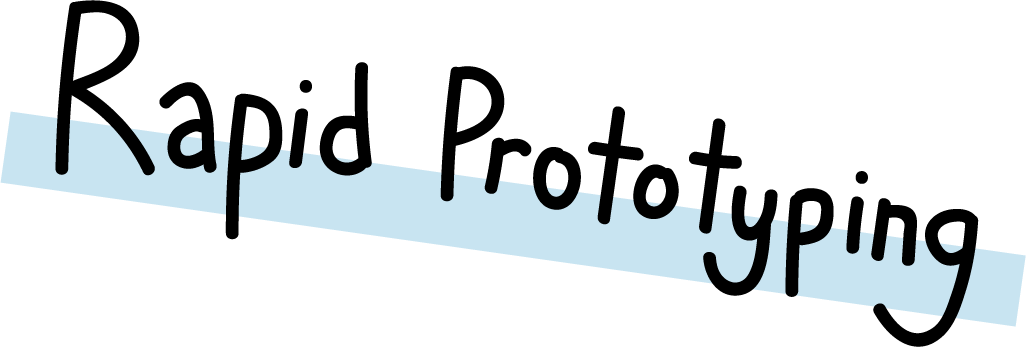
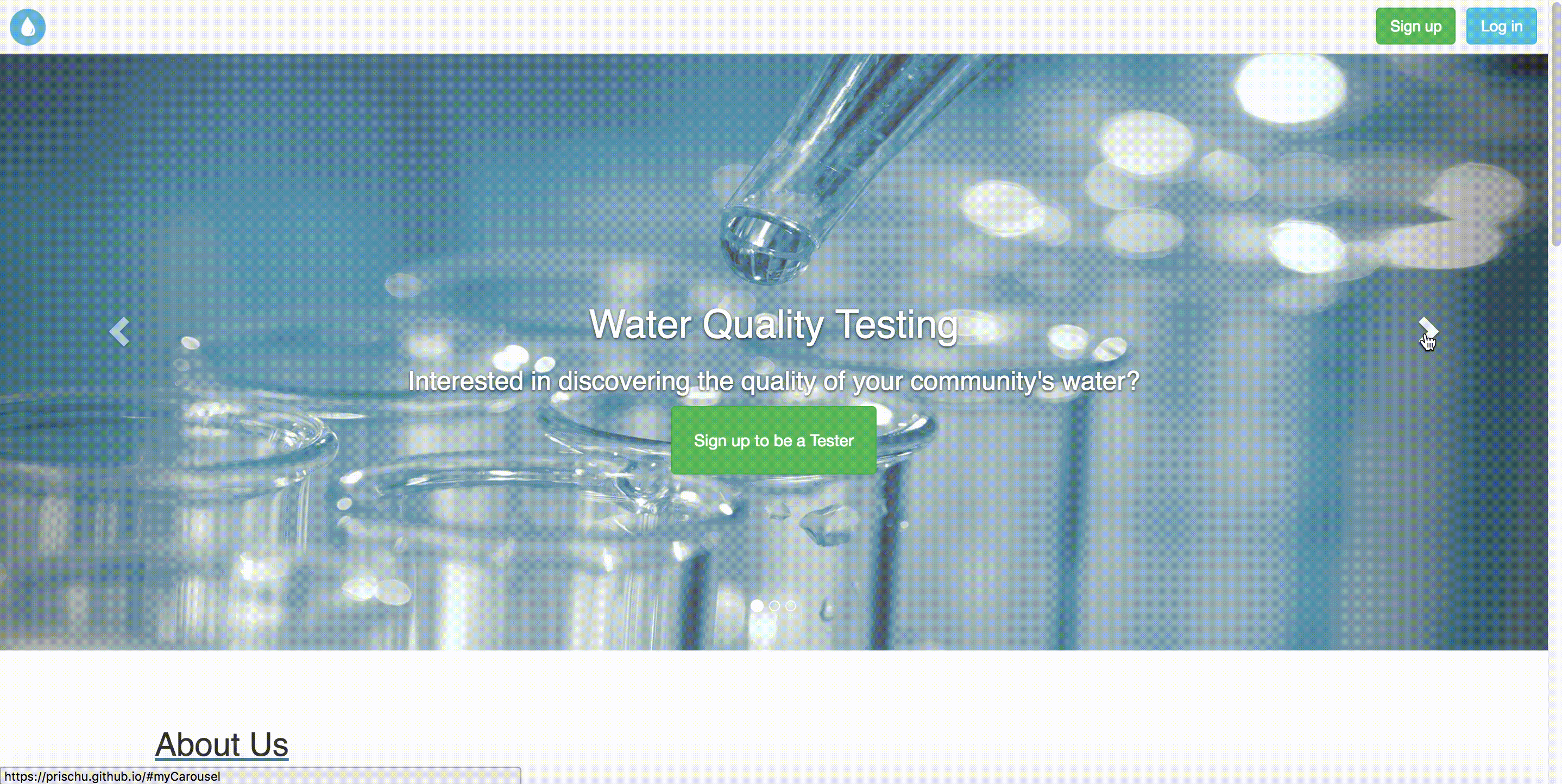
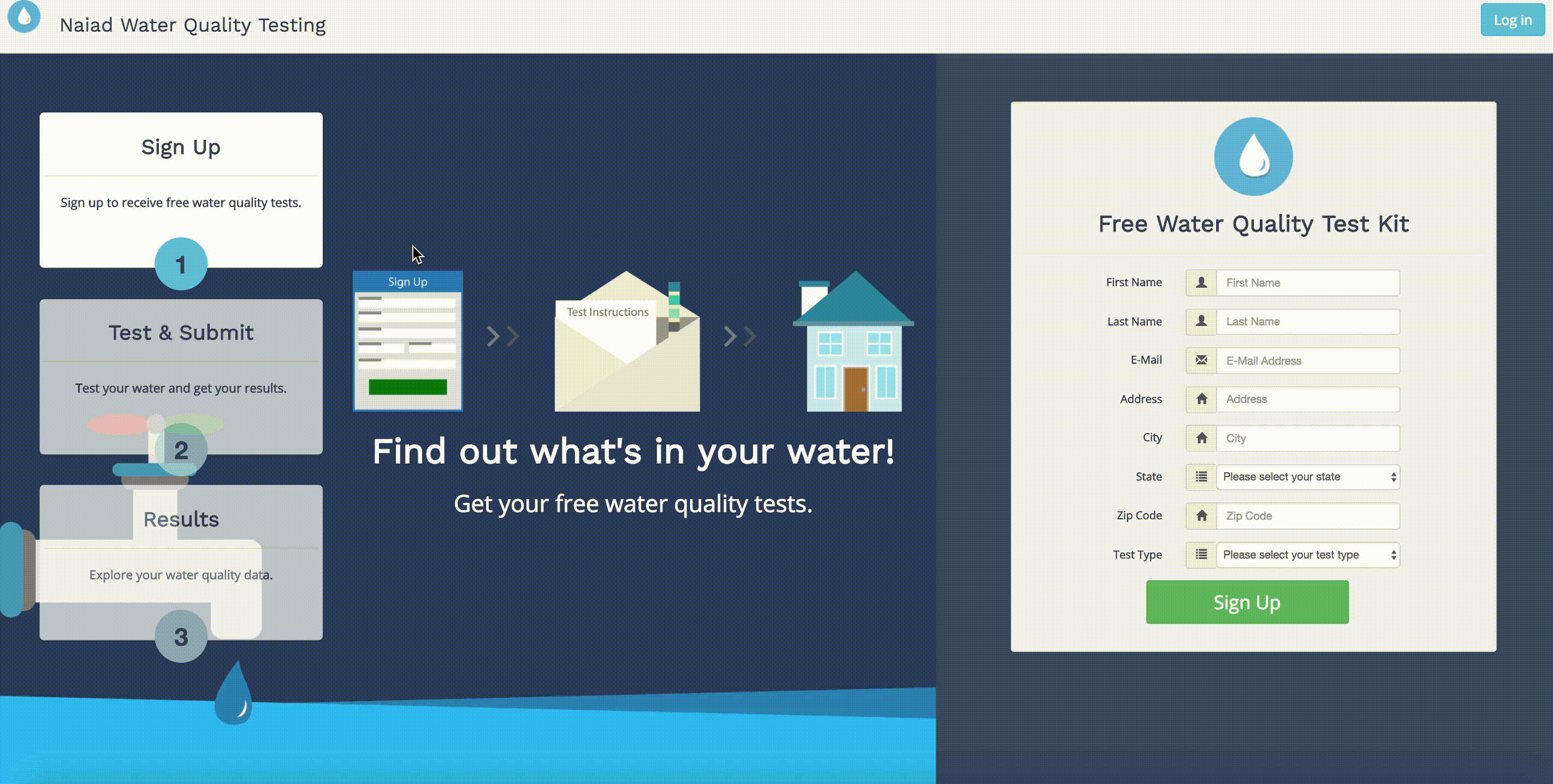
Taking the key insights from user testing, I refined the site's look and feel through iterations of rapid prototypes and user tests.
I rapidly prototyped Naiad's site using HTML, CSS, and JS, and conducted usability tests with each iteration. Simultaneously, I assisted the data scientists and back-end developers on the team in programming the computer vision model needed to generate accurate test results from user photos of their tested strips.
I rapidly prototyped Naiad's site using HTML, CSS, and JS, and conducted usability tests with each iteration. Simultaneously, I assisted the data scientists and back-end developers on the team in programming the computer vision model needed to generate accurate test results from user photos of their tested strips.

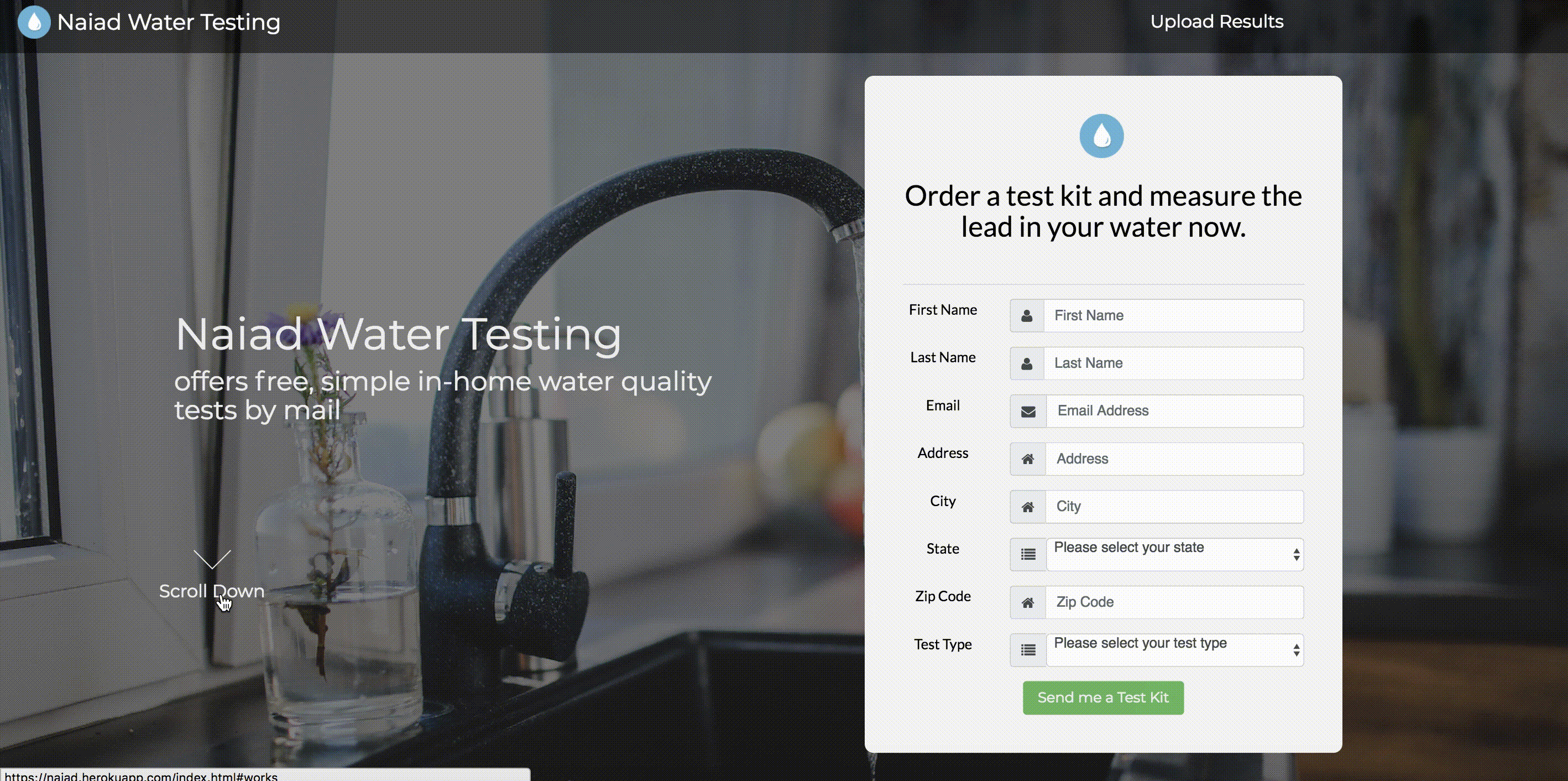
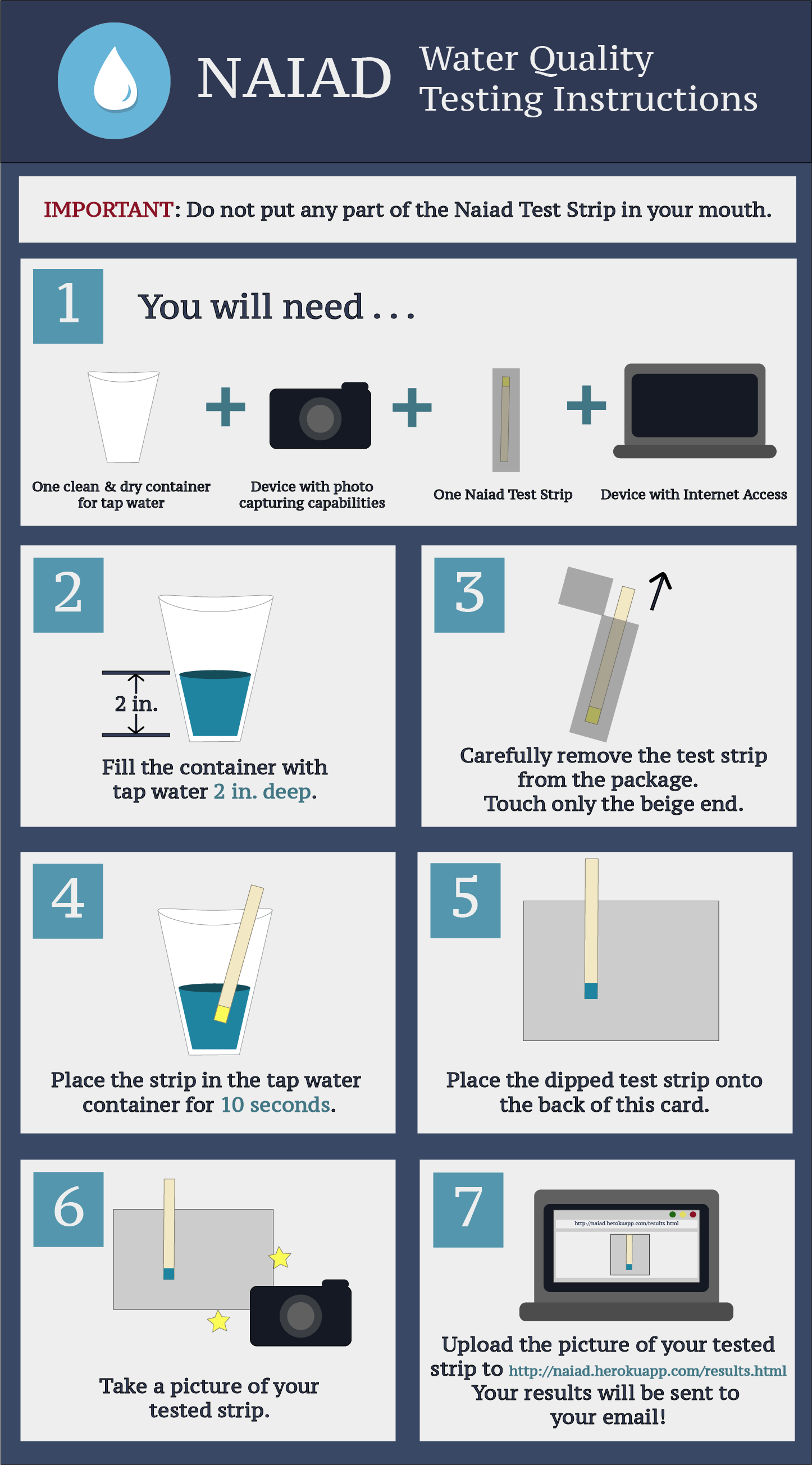
Naiad's final webpage had a secure and trustworthy look and feel, and a short and concise sign-up process. The infographic sent with user test kits contained textual and visual instructions on how to test and submit user results.
After users submit their results through Naiad's webpage, we apply machine learning in the back-end to automate the evaluation of water quality tests. Using machine learning in conjunction with user-friendly test kits, Naiad provides household-level water quality data to the public.
After users submit their results through Naiad's webpage, we apply machine learning in the back-end to automate the evaluation of water quality tests. Using machine learning in conjunction with user-friendly test kits, Naiad provides household-level water quality data to the public.

Lets give everyone the ability to accurately and affordably test the quality of their water!


